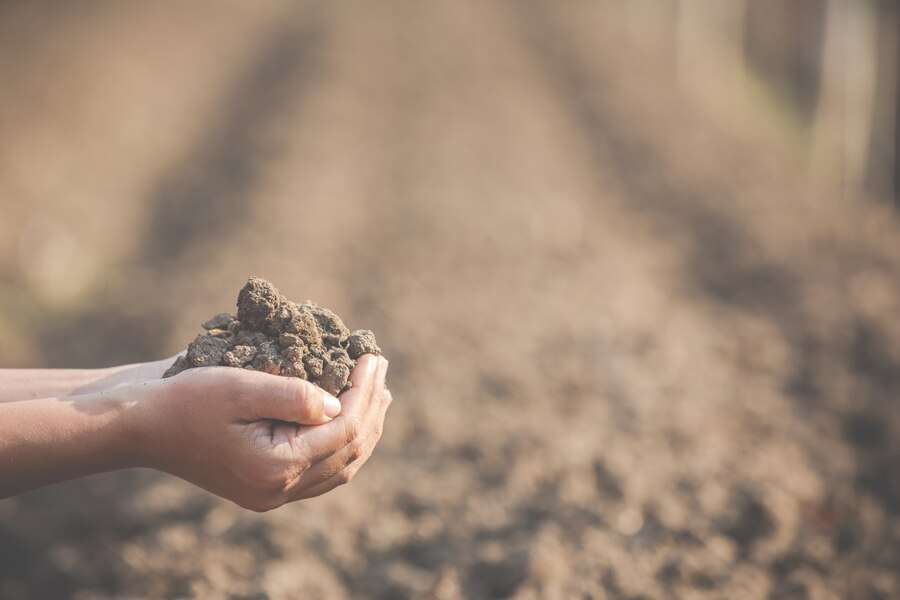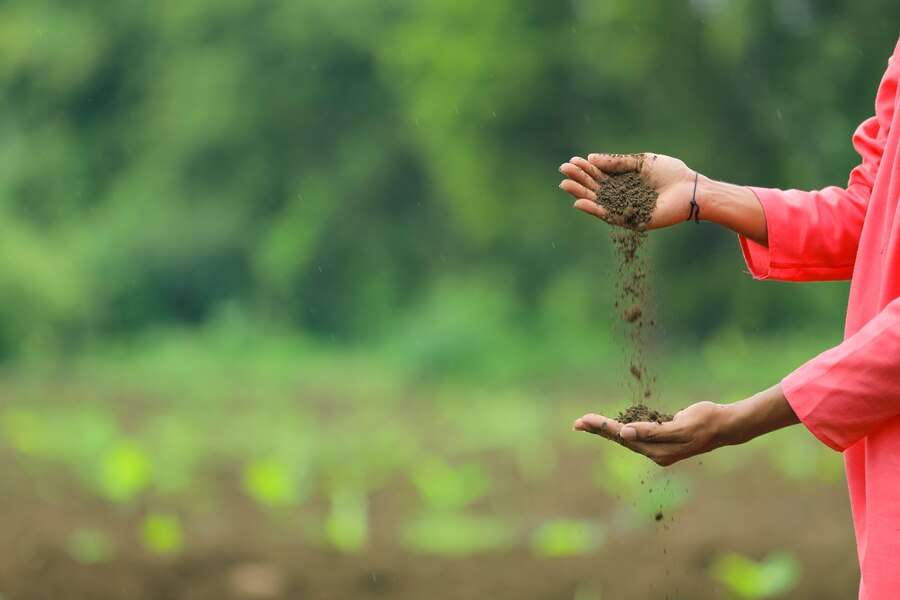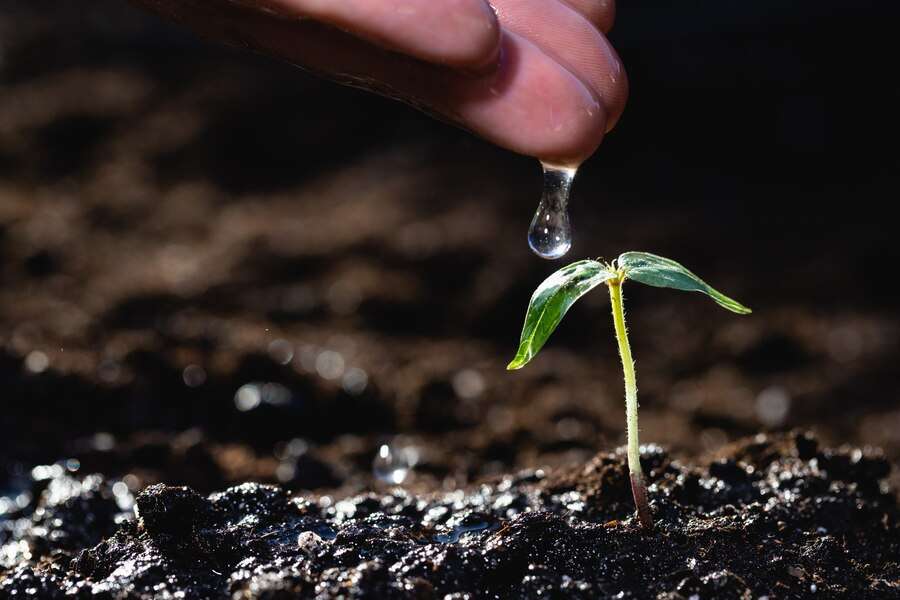Soil health is the foundation of productive farming, and for farmers in Nalgonda, maintaining fertile soil is key to sustainable agriculture. With Nalgonda’s diverse cropping patterns and climatic conditions, adopting effective soil health management strategies can significantly improve crop yields and reduce input costs. Here are practical tips tailored for Nalgonda’s farmers.Soil Health Management in Nalgonda
Soil Health Management:
1. Understand Your Soil with Regular Testing
Soil testing provides critical information about pH levels, nutrient content, and organic matter.

- Why It Matters:
- Identifies nutrient deficiencies to guide fertilization.
- Helps maintain optimal pH levels for specific crops.
- How to Do It:
- Contact local agricultural labs or government-supported soil testing centers.
- Regularly test soil every 2-3 years for consistent monitoring.
- Local Support: The Telangana Agriculture Department provides soil health cards under the Soil Health Management Scheme.
2. Practice Crop Rotation
Rotating crops helps prevent nutrient depletion and controls soil-borne diseases.
- Benefits:
- Improves soil fertility by alternating deep-rooted and shallow-rooted crops.
- Reduces pest and weed infestations naturally.
- Examples for Nalgonda:
- Alternate cotton with legumes like green gram or chickpea.
- Use paddy fields for pulses in the next season.
3. Incorporate Organic Compost and Manure

Organic matter enhances soil structure, water retention, and nutrient availability.
- Composting Methods:
- Use crop residues, farmyard manure, and household organic waste.
- Vermicomposting is highly effective for enriching the soil.
- Local Practice: Many Nalgonda farmers use neem cake and cow dung as natural fertilizers.
4. Implement Conservation Tillage
Conservation tillage reduces soil erosion and preserves moisture.
- Techniques:
- Leave crop residues on the field after harvest to cover the soil.
- Use minimum tillage equipment to maintain soil structure.
- Benefits:
- Improves soil’s water-holding capacity.
- Reduces operational costs over time.
5. Use Green Manuring

Green manuring involves growing specific plants to plow back into the soil to enhance its nutrient content.
- Common Green Manure Crops:
- Sunhemp, dhaincha, and cowpea.
- Advantages:
- Increases nitrogen levels in the soil naturally.
- Improves soil aeration and organic content.
6. Address Soil Erosion with Mulching and Cover Crops
Soil erosion is a significant issue in hilly or sloped farmlands of Nalgonda.
- Mulching: Use organic or synthetic mulches to retain moisture and prevent erosion.
- Cover Crops: Grow crops like mustard or clover during off-seasons to protect soil.
7. Optimize Fertilizer Use
Balancing chemical fertilizers with organic inputs prevents long-term soil degradation.
- Tips for Farmers:
- Avoid over-application of nitrogen-based fertilizers like urea.
- Use bio-fertilizers to improve soil microbial activity.
- Integrated Nutrient Management (INM): Combine organic and inorganic sources for balanced nutrition.

8. Adopt Water-Saving Irrigation Techniques
Efficient water management directly impacts soil health.
- Drip and Sprinkler Systems: Minimize waterlogging and salinity.
- Rainwater Harvesting: Recharge groundwater and prevent soil crusting.
9. Focus on Soil Biodiversity
Healthy soils are rich in microorganisms and earthworms.
- How to Promote Biodiversity:
- Avoid excessive pesticide use that kills beneficial organisms.
- Incorporate natural soil amendments like gypsum or lime.
10. Leverage Government Schemes and Workshops
Telangana offers several initiatives to support farmers in soil health management.
- Programs to Explore:
- Soil Health Cards Scheme for detailed soil analysis.
- Farmer training workshops on sustainable agricultural practices.
- Local Resources: Check with Nalgonda’s Agricultural Extension Office for updates.
Conclusion
Healthy soil is the cornerstone of sustainable farming. By adopting these soil health management practices, Nalgonda farmers can enhance productivity while preserving their land for future generations. For more tips and assistance, connect with Telangana’s agricultural experts and leverage available government schemes.
For more information on subsidies and assistance, visit Telangana Agriculture Department.



